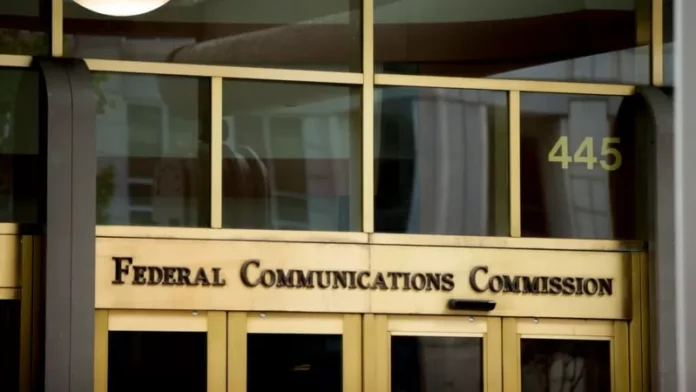The U.S. Supreme Court has agreed to take on a crucial case that will determine the legality of a fund operated by the Federal Communications Commission (FCC) to expand access to telecommunications services. This decision comes after a lower court’s ruling that found Congress violated the U.S. Constitution by delegating its authority to an independent federal agency.
The case in question involves the Universal Service Fund, which was established by Congress in the Telecommunications Act of 1996. This fund aims to promote broad access to services such as phone and broadband internet by drawing around $9 billion annually from contributions made by all telecommunications carriers. The fund plays a vital role in extending services to rural areas, providing subsidies for low-income Americans, expanding service in Native American tribal lands, and assisting schools and libraries.
However, a group of challengers, including the conservative group Consumers’ Research, filed lawsuits against the FCC and the U.S. government, arguing that Congress had unlawfully delegated its revenue-raising function to the FCC. They also claimed that the FCC had unlawfully transferred its authority to a private nonprofit organization, the Universal Service Administrative Company, which helps the agency administer the fund.
The case revolves around the nondelegation doctrine, a legal concept that states that Congress cannot delegate its legislative powers to other entities. The legality of the FCC’s handoff of power also involves a similar concept known as the private nondelegation doctrine. This is a crucial issue that needs to be addressed by the Supreme Court to ensure the proper functioning of our government.
The FCC, which was established as an independent federal agency by the Communications Act of 1934, is overseen by Congress. However, federal appellate courts have reached different conclusions on the legality of the funding arrangement, leading to confusion and uncertainty.
In its decision to review the case, the Supreme Court has granted an appeal by the FCC and various interest groups, including telecommunications firms. FCC Chair Jessica Rosenworcel expressed her optimism about the court’s decision, stating, “For decades, there has been broad, bipartisan support for the Universal Service Fund and the FCC programs that help communications reach the most rural and least-connected households in the United States, as well as hospitals, schools, and libraries nationwide. I am hopeful that the Supreme Court will overturn the decision that put this vital system at risk.”
This decision has also been welcomed by three industry groups representing telecommunications companies, including AT&T, Verizon, and T-Mobile. In a joint statement, they expressed their satisfaction that the high court will review the lower court’s ruling. They also highlighted the potential consequences of the ruling, stating, “It threatens to undermine universal service programs that have served to promote the availability and affordability of critical communications services for millions of rural and low-income consumers, rural health care facilities, and schools and libraries across the nation.”
It is worth noting that the Supreme Court has a 6-3 conservative majority, and in recent years, it has reined in the actions of federal regulatory agencies in a series of rulings. However, these cases did not involve the nondelegation doctrine, making this case a crucial one that could have far-reaching implications.
In conclusion, the Supreme Court’s decision to take on this case is a significant step towards clarifying the legality of the Universal Service Fund and ensuring the proper functioning of our government. This fund plays a crucial role in promoting access to essential telecommunications services for millions of Americans, and it is essential that its legality is determined by the highest court in the land. We can only hope that the Supreme Court will make the right decision and uphold the importance of this fund in promoting universal access to vital communication services.

